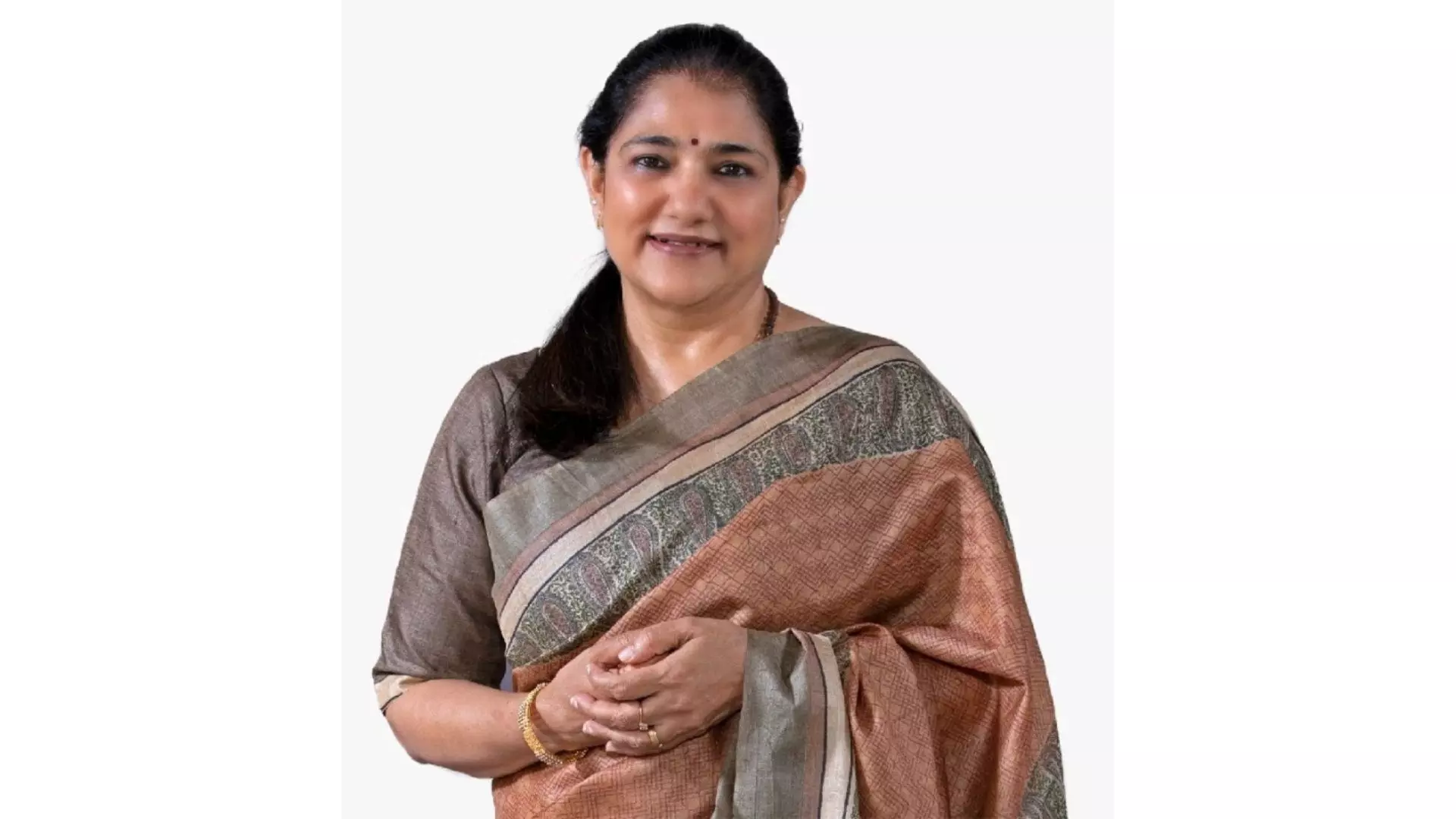Building Inclusive Workplaces: Nina Nair on Leadership and Empathy
The early BPO wave in Bangalore presented a new opportunity for me. I was part of a select group of teachers developing curriculum solutions for British accounts, navigating complex linguistic and cultural nuances

Nina Nair's professional journey reflects the power of passion, empathy, and adaptability. Starting her career as a military spouse teaching in various local schools, Nina's dedication to understanding young minds made her pursue a degree in education. Her career took a turn during the early BPO wave in Bangalore, where she played a crucial role in developing curriculum solutions for British accounts. This experience laid the foundation for her 16-year-long association with [24]7.ai, where she now serves as the Chief Human Resources Officer (Global). In this conversation, Nina shares her insights on the transition from teaching to organisational leadership, the importance of empathy in management, and the evolving dynamics of modern workplaces.
Q1: How did your professional journey in education begin?
My career in education began when I was a military spouse, teaching in local schools wherever we were stationed. This experience sparked my passion for understanding young minds and led me to pursue a degree in education. Even when I paused to focus on my son's education, I stayed involved through honorary work in schools. These experiences laid the foundation for my future endeavours, including roles like Chief People Officer at the Indian Institute for Human Settlements and collaborations with the Live Love Laugh Foundation.
Q2: How did the early BPO wave in India shape your career, and what role did you play?
The early BPO wave in Bangalore presented a new opportunity for me. I was part of a select group of teachers developing curriculum solutions for British accounts, navigating complex linguistic and cultural nuances. My training programs significantly impacted contact centre trainees, earning me a reputation as an expert in the field. This experience led to a 16-year-long association with [24]7.ai, where I played a crucial role in overcoming challenges within a British account, eventually transitioning into various corporate roles.
Q3: What key insights did you gain as you transitioned from teaching to organisational leadership?
Transitioning from teaching to organisational leadership taught me the importance of creating inclusive environments where every voice is heard, questions are encouraged, and individuals feel valued. This shift emphasised the need for open communication, support, and acceptance, aligning leadership with the evolving dynamics of the younger workforce. Being adaptable, understanding, and gaining acceptance are essential qualities for future leaders, as well as leveraging modern technology like Gen AI for employee development.
Q4: How do you perceive the role of empathy in leadership, particularly for women?
Empathy is a vital strength that women bring to leadership, involving a deep sense of presence and attentive listening. This genuine approach of "I hear you, and I am here for you" builds strong trust, forming the cornerstone of an empowering workplace. Empathy balances ambition with compassion, allowing leaders to support and uplift team members while striving toward collective goals. Women's natural empathetic approach enhances team cohesion and morale, leading to improved collaboration, creativity, and productivity. By valuing diverse perspectives and understanding individual needs, empathetic leaders navigate challenges more effectively and cultivate a positive, inclusive organizational culture. This not only strengthens the team's resilience but also drives long-term success and innovation, making empathy a crucial element in effective and transformative leadership.

